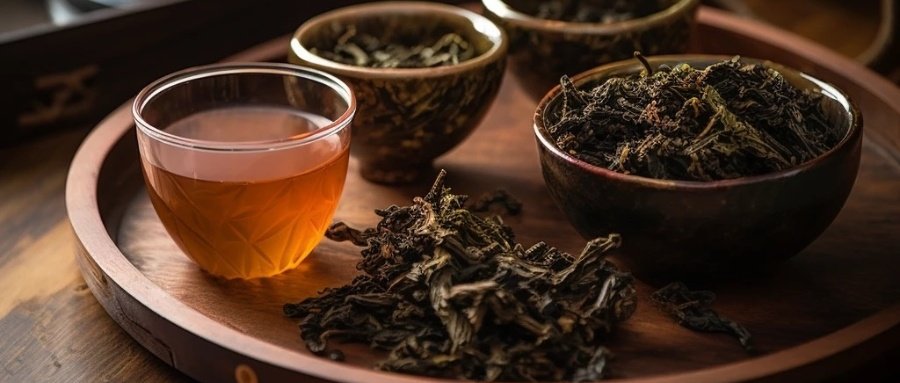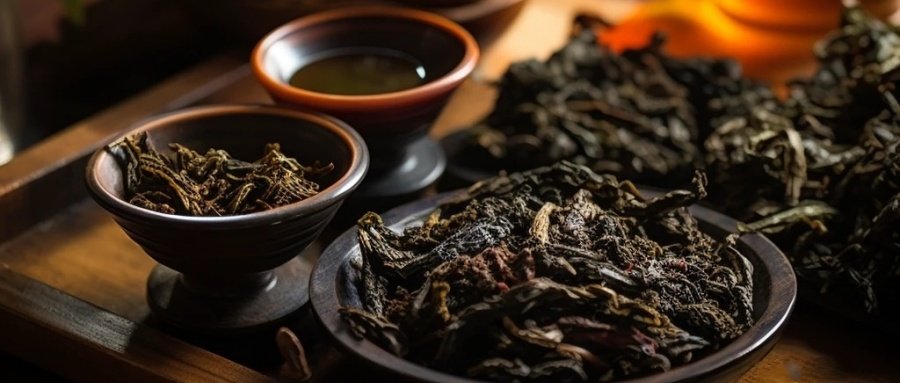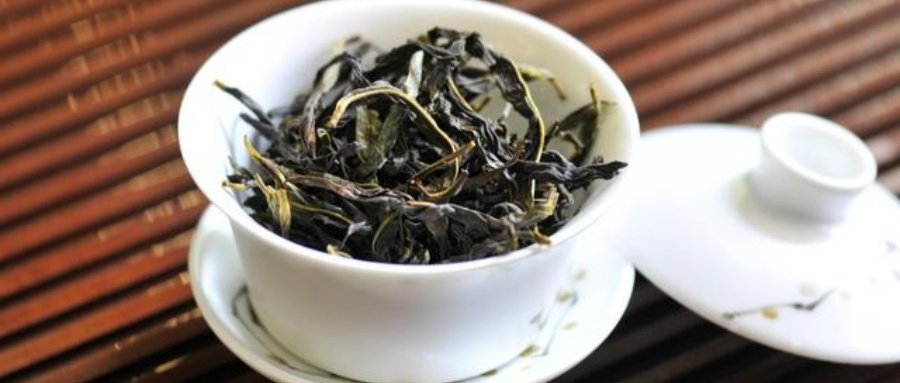Fasting has gained popularity in recent years as a practice with various health benefits, from weight loss and improved metabolic health to enhanced mental clarity and spiritual well-being. During fasting periods, abstaining from food and calorie-containing beverages is essential to achieve the desired outcomes. However, many people wonder whether consuming tea will break a fast and disrupt the fasting process. In this article, we’ll explore the impact of tea consumption during fasting and shed light on whether tea can be enjoyed while fasting.
Understanding Fasting:
Before delving into the effects of tea on fasting, it’s essential to understand the different types of fasting and their objectives. Intermittent fasting, for example, involves cycling between periods of eating and fasting, typically on a daily or weekly basis. Other forms of fasting, such as water fasting or juice fasting, may involve more prolonged periods of abstaining from food and calorie intake. The primary goal of fasting is to promote various physiological and metabolic changes, including autophagy, insulin sensitivity, and fat burning.

Impact of Tea on Fasting:
The question of whether tea breaks a fast largely depends on the type of tea consumed and the fasting protocol followed. Generally, plain, unsweetened tea such as green tea, black tea, and herbal tea contains minimal to no calories and is unlikely to significantly impact fasting. These teas are rich in antioxidants and phytochemicals, which may offer additional health benefits during fasting, such as promoting hydration, supporting metabolism, and enhancing mental focus.
However, it’s essential to be mindful of certain types of tea that may contain additives or sweeteners that could break a fast. Flavored teas, tea lattes, and sweetened iced teas may contain added sugars or calorie-containing ingredients that could disrupt the fasting process. It’s best to opt for plain, unflavored teas or herbal infusions during fasting periods to ensure minimal interference with metabolic processes.

Potential Benefits of Tea During Fasting:
While tea consumption during fasting may not be strictly necessary, it can offer several potential benefits that complement the fasting experience. For example, green tea contains catechins and caffeine, which may support fat oxidation and energy expenditure, potentially enhancing the effects of fasting on weight loss and metabolic health. Herbal teas such as peppermint and chamomile can promote relaxation and digestion, helping to alleviate hunger and discomfort during fasting periods.

In conclusion, consuming plain, unsweetened tea such as green tea, black tea, and herbal tea is unlikely to break a fast significantly. These teas provide hydration, antioxidants, and other beneficial compounds that can enhance the fasting experience without interfering with metabolic processes. However, it’s essential to avoid flavored or sweetened teas that may contain additives or calories that could disrupt fasting. Ultimately, whether to include tea during fasting is a personal choice that depends on individual preferences, fasting goals, and tolerance to caffeine and other compounds found in tea. As always, it’s advisable to consult with a healthcare professional before making any significant changes to your fasting regimen.
